Kubernetes (commonly stylized as k8s) is an open-source container-orchestration system for automating application deployment, scaling, and management. It was originally designed by Google, and is now maintained by the Cloud Native Computing Foundation. It aims to provide a "platform for automating deployment, scaling, and operations of application containers across clusters of hosts". It works with a range of container tools, including Docker. Many cloud services offer a Kubernetes-based platform or infrastructure as a service (PaaS or IaaS) on which Kubernetes can be deployed as a platform-providing service. Many vendors also provide their own branded Kubernetes distributions.
More and more people realize the importance of Kubernetes and learning tools like Jenkins, Docker and and if you are in the same boat, these free courses will provide you with great knowledge. to jump into the Kubernetes world
Free Courses to Learn Kubernetes for Developers
Even though these courses are free but they are nice courses and just made free by their instructor for promotional and educational purposes.
If you are starting with Kubernetes, I suggest you join one of these courses to get a feel of what is Kubernetes.
1. Introduction to Kubernetes
In this course, we'll discuss some of Kubernetes' basic concepts and talk about the architecture of the system, the problems it solves, and the model that it uses to handle containerized deployments and scaling.
This course offers an introduction to Kubernetes and includes technical instructions on how to deploy a stand-alone and multi-tier application. You’ll learn about ConfigMaps and Secrets, and how to use Ingress.
Upon completion, developers will have a solid understanding of the origin, architecture and building blocks for Kubernetes, and will be able to begin testing the new cloud native pattern to begin the cloud native journey.
2. Learn DevOps Kubernetes deployment by kops and terraform
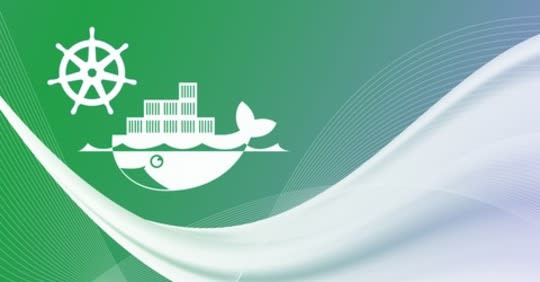
This is another practical course to learn Kubernetes on AWS by using kops and Terraform. In this course, you will learn how to deploy a Kubernetes cluster in AWS and how to use Terraform to run an immutable infrastructure.
You will also learn about the horizontally scaled deployment in Kubernetes and how to use Kops to spin up the Kubernetes cluster.
Most importantly, you will learn how to see logs, get inside the Docker container within the pod in Kubernetes.
3. Just enough kubernetes to be dangerous
This course would serves as the first step in your kubernetes journey. It would help you get started with Kubernetes quickly and build a foundation while learning by practicing it. This is a really nice course to learn Kubernetes in a short time.
You will not only set up kubernetes cluster with Google Kubernetes Engine but also learn how to deploy a micro-services application and publish it to the world.
You will also learn how to dynamically scale your application using the auto-scaling feature of kubernetes, and release application updates without any downtime, or, achieve Zero downtime deployments.
4. Getting Started with Kubernetes
This course will teach you the theory and practical skills required to get you up and running as fast as possible.
The course can be logically divided into three parts. In the first part, you'll dive into Kubernetes architecture, what the main components and services are, and how they come together to build a production-class container infrastructure.
In the second and third part, you'll learn how to install and deploy Kubernetes on several cloud platforms and learn to work with pods, deployments, and services.
By the end of this course, you'll have a solid understanding of what Kubernetes is and how it works, as well as skills to deploy a Kubernetes cluster and simple applications.
5. Containers 101
In this course, introduce the basics of building and deploying packaged applications. You will learn the concepts of containers provided by Docker and how to create them. You will learn the essentials for modern DevOps with the arrangement, packaging and many other things built on the fast growing Docker, Kubernetes and Helm.
That's all about some of the free courses to learn Kubernetes in 2020. As I have said, Kubernetes is one of the most important container management technology and really important if you are thinking about DevOps in Cloud. I suggest you to spend some time learning various tools and features offered by Kubernetes for scaling your containers, including the auto-scaling feature of Kubernetes.
Thanks for reading !


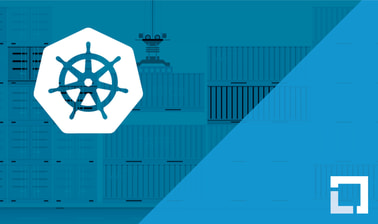
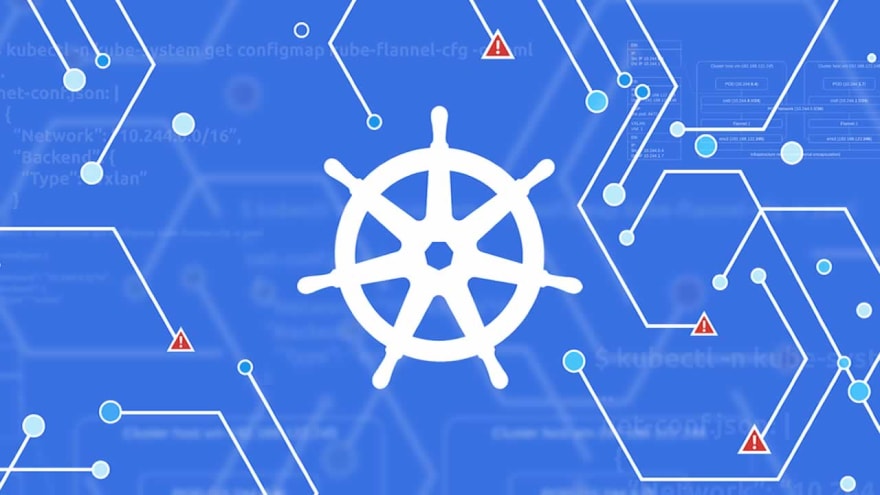
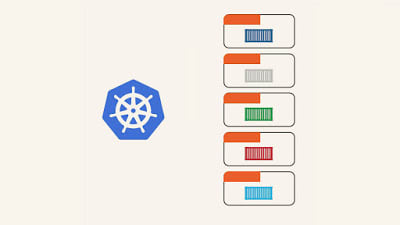
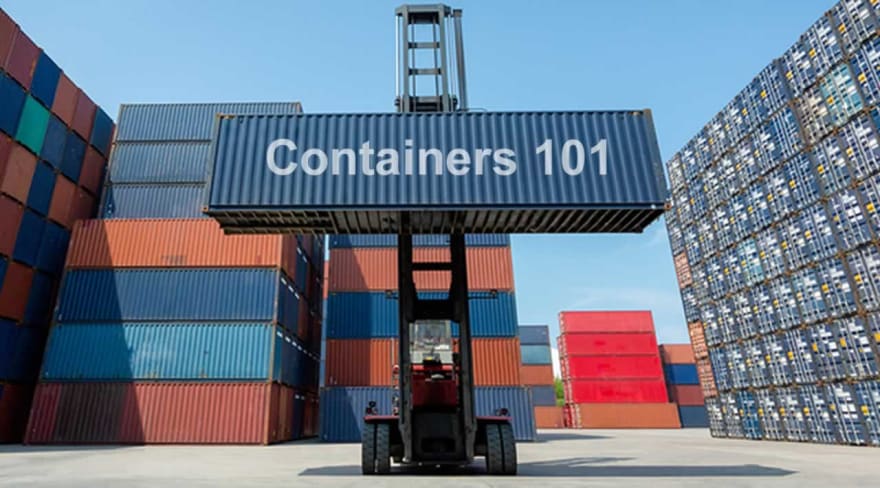

Top comments (0)